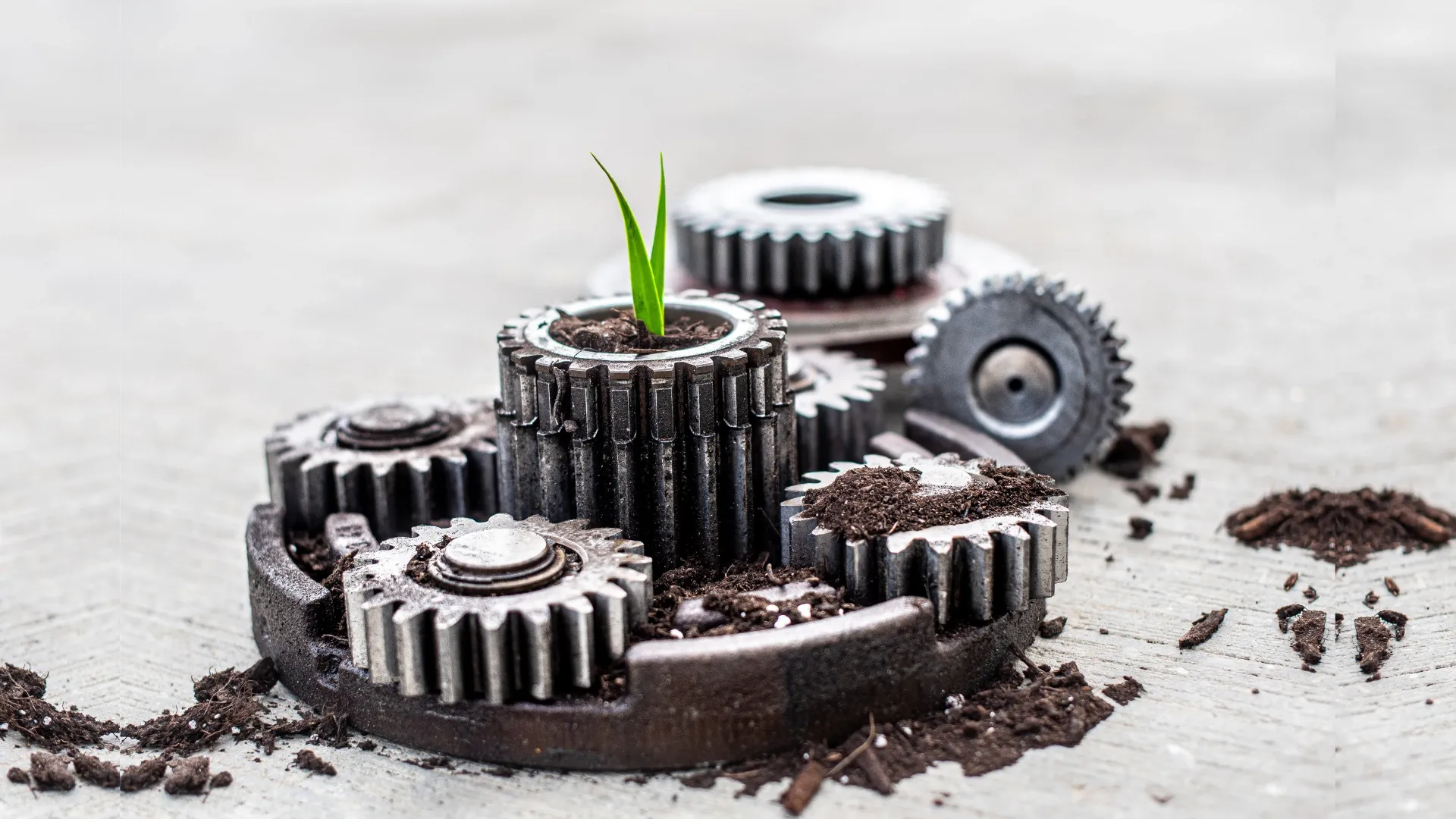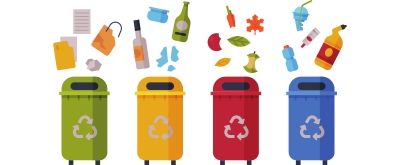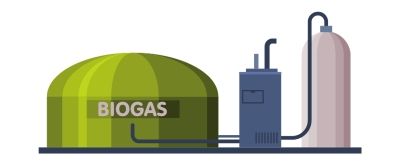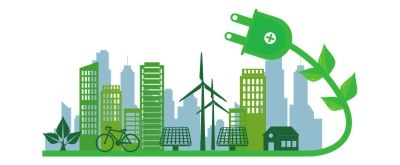
ADVANCED TECHNOLOGIES
HOW DOES
OUR PROCESS WORK?
Annually we produce in our two stations in Filipeștii de Pădure, Prahova and Cordun, Neamț
over 7 million cubic meters of biogas annually, which is converted into electricity and heat
using state-of-the-art cogeneration technologies, with a capacity of 2,1 MW electric power and 2 MW thermal power
which is equivalent to the daily consumption of 6.000 households.

ORGANIC
FERTILIZER
The fermentation process generates a valuable by-product called digestate, a nutrient-rich organic fertilizer that helps increase the percentage of humus in the soil, the key to rich agricultural crops. Humus is life for the soil, it is the stable organic component of the soil, but in recent years, due to inappropriate farming practices and excessive use of chemical fertilizers, its level is getting lower and lower. Digestion combats this effect and is a smart solution to close the cycle of resources and help protect the environment.
Spread on fields, it nourishes the soil, reduces the need for chemical fertilizers and keeps humus levels high. Moreover, it turns organic waste into an important resource for agriculture and ecology.
Test the benefits of organic fertilizer for yourself!











